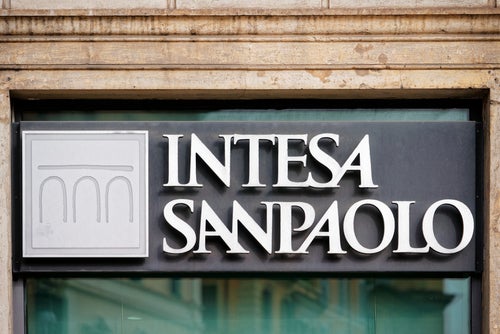
The European Investment Bank (EIB) and Intesa Leasing Beograd (ILB) have signed a €40m loan for small and medium-sized enterprises (SMEs) and mid-caps in Serbia.
The EIB is the lending arm of the European Union, the biggest multilateral financial institution in the world.
These funds will enable ILB to provide affordable lease finance to local companies under more flexible and favourable conditions, which are part of Covid-19 exceptional measures adopted by the EIB in May 2020.
This agreement will help support job retention, recovery and development of the private sector in Serbia.
Businesses in sectors hit by the pandemic such as tourism, transport, logistics, retail, manufacturing and services will be able to access lease finance sources faster and with favourable conditions to address their short-term business continuity needs and longer-term investments.
This is EIB’s third operation in Serbia as part of team Europe efforts and EIB’s own financing programme for the recovery of the private sector in the Western Balkans.
How well do you really know your competitors?
Access the most comprehensive Company Profiles on the market, powered by GlobalData. Save hours of research. Gain competitive edge.

Thank you!
Your download email will arrive shortly
Not ready to buy yet? Download a free sample
We are confident about the unique quality of our Company Profiles. However, we want you to make the most beneficial decision for your business, so we offer a free sample that you can download by submitting the below form
By GlobalDataIntesa Leasing is part of Intesa Sanpaolo Group and one of the major leasing operators in Serbia, with major activities in the vehicles, equipment and real estate sectors.
Vice-president Lilyana Pavlova, responsible for the EIB’s activities in Serbia, said: “Retaining business operations and jobs continue to be a challenging task on a daily basis for small businesses across Serbia that contribute to around 60% of employment.
“This transaction will enable our long-standing partner in Serbia – Intesa Leasing Beograd – to help the most vulnerable entities suffering from the impact of the pandemic address their most pressing survival needs, preserve their businesses, jobs and liquidity but also to support their post-crisis recovery which is equally crucial.
“By investing €175m in the Serbian private sector in 2020, we have clearly demonstrated our enduring support to a sustainable recovery of SMEs and their business development in these challenging times, and we will continue to do so.”
Darko Popovic, president of Intesa Leasing Managing Board in Serbia, stated: “We are pleased to sign the fourth credit line today with the European Investment Bank (EIB), our long-term partner, with whom we have so far placed loans in the total amount of 30m euros.
“The current circumstances caused by the Covid-19 virus have mostly affected small and medium enterprises, which on the one hand are the most vulnerable, but on the other hand also the most important carrier of the recovery of the Serbian economy in the period after the pandemic.
“Through a new credit line signed with the EIB, Intesa Leasing will offer to this segment favourable sources of financing in order to contribute to its strengthening and enable its continuous operation.”
This is the fourth loan in support of Serbian SMEs singed by the EIB in 2020, in addition to two financial guarantees provided by the European Investment Fund, part of the EIB Group.
These funds, totalling €175m, will boost the recovery of private businesses facing the ongoing Covid-19 crisis and promote social inclusion of vulnerable groups of the society. From 2009 to date, the EIB has invested almost €2bn in the Serbian economy, contributing to the retention of over 320,000 jobs.
Sem Fabrizi, EU ambassador and head of the EU delegation to Serbia, said: “Small and medium-sized enterprises are the backbone of the Serbian economy and this is another concrete commitment to help those who are also very much affected by the Covid crisis.
“SMEs are indeed a strong resource for the economic recovery: a number of Serbian SMEs and start-ups found its place at the local market but also in the region, significantly increased their income and export, developed new innovative products and services, hired additional work-force and more than 1000 high-end jobs are created in the innovative sectors – also thanks to funding from the EU. That’s why we need to support them more than ever”.







